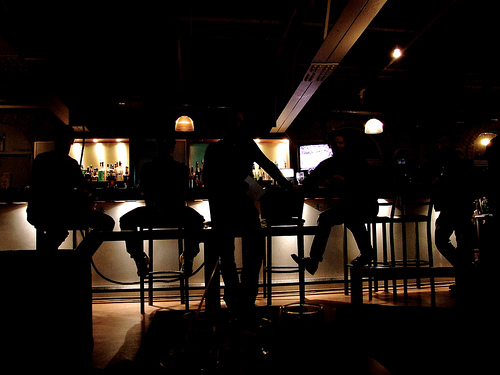The following is a guest post by Toronto Theatre Artist, Photographer and Fringe staffer Amanda Lynne Ballard, first published in the Fringe Harold newsletter.
From the Texan Bill 2649 attack on lighting designers in May to the recent UK Equity attempt to implement mandatory minimum wage payment on all working actors to Canada’s Equity contracts – the battle of artist vs. state is once again coming to the front line on an international level. But isn’t it always? Haven’t there always been great battles between arts and government?
Toronto’s Indie Caucus started out of TAPA and is made up of 13 different artists and producers from across the city in an attempt to making art in this city more accessible to produce and create. The ruling hand of Equity over the city’s artists is misleading and relays the message, we’d rather you get paid then create. But the artists within the community want to create a vibrant, culturally diverse artistic city – in any way they can.
The current status of the Equity agreements available to the independent theatre producers is a dizzying spell of mixed messages and irrelevant stipulations that once better represented a small producing community.
“It’s a mind field of fuckiness.” said an anonymous Caucus member. “The Equity agreement doesn’t work for the current theatre creator.”
As most of the community is creating work across disciplines and with different people, defining your work consistently under one company name is increasingly difficult. Bouncing between Fringe contracts, Indie contracts and Co-ops one can always move forward but never back.
The biggest misconception: Equity is not a Union, it is an Association. Unions hold legal binds while associations, by definition is a group of individuals who voluntarily enter into an agreement to accomplish a purpose. Where have we been lead astray?
The Texan bill 2698, if passed, would inadvertantly put all lighting designer jobs in the hands of 1. engineers, 2. architects and/or landscape architects. In UK the Equity attempt to legalize minimum wage payment on all artistic productions would eliminate the independent, small producing companies who are driven by their passion to create and not the fiscal outcome.
This all leaves me asking the question, why is the power to create in our world held in the hands of others and not in our own?
Images courtesy of Amanda’s Flickr page




1 Comment